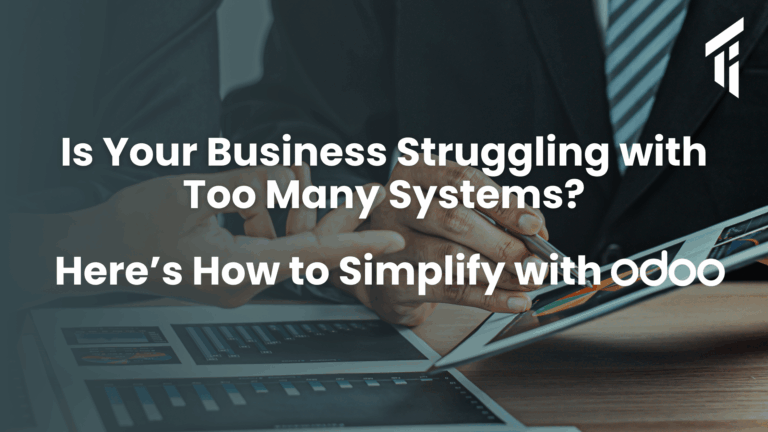What is Odoo.SH?
Odoo.sh operates on a PaaS (Platform-as-a-Service) model, hosted on Odoo’s own servers. This setup offers several advantages, including features like the ability to install third-party modules, built-in development tools, scalability, and automated backups.
Odoo.SH Hosting Options
Odoo.sh offers two main hosting options:
Odoo.sh Dedicated Server: The dedicated server hosting mode offers a single-tenant server environment. This mode supports up to 64 workers and provides up to 4096 GB of Storage capacity. This option incurs a monthly fee.
Odoo.sh Shared hosting: The shared hosting offer provides up to 8 workers provides up to 512 GB of Storage capacity, where multiple users share the same server resources but with isolated environments, ensuring security and performance. There will be no additional cost for the hosting.
Pros and Cons of Odoo.sh
Pros
- Backups / Disaster Recovery: Odoo keeps 14 full backups of each Odoo database for at least 3 months: 1/day for 7 days, 1/week for 4 weeks, 1/month for 3 months.
- You can also download manual backups of your live data at any time using the control panel.
- Database Security: Customer data is stored in a dedicated database – no sharing of data between clients.
- Data access control rules implement complete isolation between customer databases running on the same cluster, no access is possible from one database to another.
- Affordability & Cost-effectiveness: Businesses save on upfront costs by not having to invest in their own hardware or software. With Odoo.sh, they only pay for the resources they use, which can lead to significant cost savings over time compared to an on-premises setup.
- Customization: Odoo.sh allows installing third-party modules to suit specific needs
- Odoo Support: Odoo provides support for the latest three versions. Customers can contact Odoo to create support tickets for any unexpected issues or bugs they encounter.
- Seamless Integration with Odoo Upgrade Service: Odoo.sh integrates with the Odoo Upgrade Service, allowing you to handle database transfers and upgrades to major versions easily. You can initiate the upgrade process with the click of a button, making it simple to keep your Odoo instance up to date with the latest features and improvements.
- Development Tools: It provides tools like GitHub integration and automated testing to streamline development.
- Scalability: Resources can scale as needed to accommodate business growth
- Maintenance: Odoo manages backups and security, reducing the burden on the business
- Real-Time Log Access and Resource Monitoring: Odoo.sh provides real-time access to logs, allowing you to monitor the system’s performance and troubleshoot issues as they arise. Additionally, it offers resource monitoring tools to keep track of system usage and performance metrics.
- Ease of Managing Staging Environments and Workers: With Odoo.sh, you can easily create and manage staging databases for testing and development. The number of staging databases can be quickly adjusted based on your needs. Additionally, you can efficiently update the number of database workers to ensure optimal performance for your Odoo instance.
- Change Management: Odoo.sh simplifies change management by allowing you to easily develop new custom modules in a development branch, move them to a staging branch for testing, and ultimately deploy them to the production branch. This process is streamlined and made more efficient through seamless integration with GitHub, enabling smooth version control and collaboration.
Cons
- Frequent Updates: Odoo updates the code every Monday, which may introduce bugs in default functions or affect customizations you have implemented. This can require additional testing and adjustments to ensure everything continues to function correctly.
- You can stick the Odoo codebase to a specific revision for Odoo.sh. However, by doing so, you will miss out on the latest security, bug and performance fixes.
- Storage Limit on Shared Hosting: The shared hosting plan includes 512 GB of storage capacity. As your usage grows and exceeds this limit, you’ll need to upgrade to a dedicated hosting option, which comes with an additional monthly cost.
- Less Control Over Server: Since Odoo.sh uses shared servers, there is less control over performance, uptime and specific configurations
- No Direct Link to the Database SQL: Users do not have direct access to the SQL database, which can limit advanced database management and custom query execution.
- Fixed Backup Schedule: While Odoo.sh automatically creates backups, the timing and frequency of these backups are fixed. You cannot adjust the backup schedule or increase the number of backups taken per day.
- Limited Server Customization: Odoo.sh offers a managed hosting environment, but it provides less flexibility in customizing the underlying server configuration compared to self-hosting an Odoo instance.
- Dependence on Odoo’s Roadmap: Since Odoo.sh is closely integrated with the Odoo platform, users are reliant on Odoo’s development timeline and feature releases. Major changes or updates by Odoo can affect the functionality of Odoo.sh.
- Potential Performance Limitations: The performance of an Odoo instance on Odoo.sh may be constrained by the plan and resources allocated, potentially falling short of what could be achieved with self-hosting on more powerful infrastructure.
- Vendor Lock-In Risk: Using Odoo.sh increases reliance on Odoo as a vendor, which could make it difficult to switch to another hosting solution in the future.
- Cost Consideration: Odoo.sh’s pricing is based on the number of users and the hosting requirements. Public cloud providers like AWS, Google Cloud, or Azure generally have a pay-as-you-go model based on usage. Odoo.sh bundles hosting, maintenance, and support, which can make it more expensive for certain use cases, especially when compared to basic cloud hosting. However, for those seeking a hassle-free, managed experience, Odoo.sh might justify its higher price with added convenience and integrated services.
In summary, Odoo.sh provides a balance of customization and convenience, making it suitable for businesses that want the benefits of a managed cloud environment without the complexity of self-hosting. The choice depends on the specific needs and resources of the organization.



